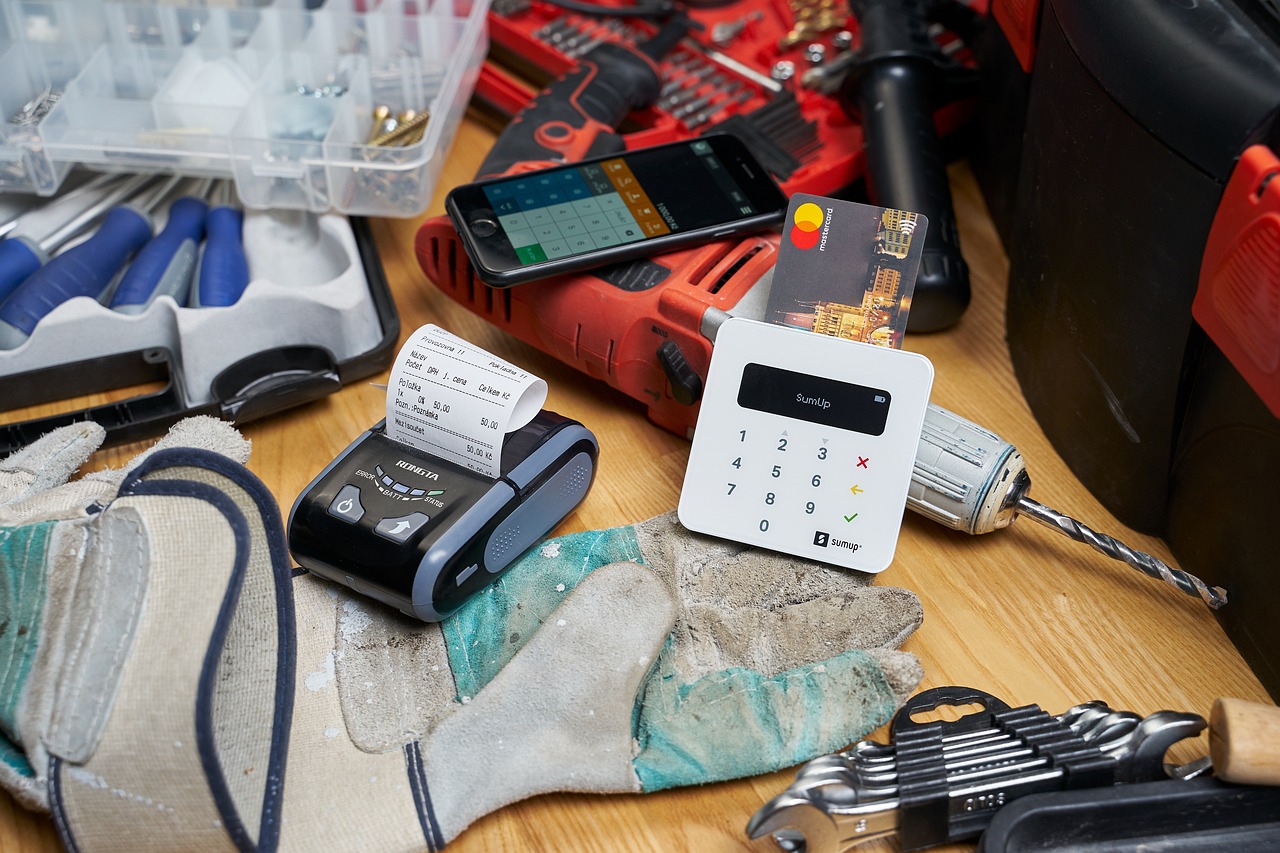Research from leading card payments provider takepayments shows that 75% of UK sole traders are unsure of the current tax thresholds that apply to them — and it could be costing them.
Their survey of 800 sole traders revealed several gaps in the financial knowledge of small UK businesses. It showed that 3 in 4 (75%) sole traders do not know at what earnings threshold they’ll pay a higher tax rate of 40% (£50,271) and that less than 1 in 10 (9%) know what could happen if they didn’t pay their tax bill: 1 in 50 thought nothing would happen at all.
To make things easier for sole traders and small businesses in the UK, takepayments created a tax calculator designed to quickly give business owners an estimate of what tax they should be paying.
How the data was collected
takepayments surveyed 800 UK-based sole traders and asked them a series of questions about their tax and saving habits.
They asked sole traders some “true” or “false” questions to test their knowledge of common VAT and tax principles that apply to UK businesses, as well as questions about how much they typically saved or reinvested into their businesses.
takepayments also asked each respondent to disclose which UK region they were based in, and in which industry they operated, before analysing the data.
Which sole traders are the most and least informed about tax?
When asked what the threshold was for sole traders to pay the Higher Income tax rate, lawyers were most likely to know the answer, with more than half (53%) answering correctly. Retailers were the least likely to know: just 13% gave the correct answer.
Overall, only 3 in 10 (31%) of sole traders knew when they needed to submit their self-assessment tax form (31st January). However, real estate agents were far below average, with only 1 in 4 (23%) able to answer correctly. Law professionals were again the best informed, albeit not setting a high bar, with only 42% getting the answer right.
Unlike limited liability companies, sole traders are not required to pay corporation tax. However, the majority of respondents were unaware of this and 73% believe that they need to pay this tax.
How good are sole traders at saving and budgeting?
The takepayments survey also asked businesses about their saving habits.
Nearly 1 in 5 (18%) sole traders don’t pay into a pension scheme. London-based and Welsh traders were most likely to pay into a pension scheme, with 92% of traders from each saying they paid contributions. The least likely was the East of England, where only 55% of traders had a pension scheme.
Worryingly, 21% of respondents admitted that they did not currently have at least three months’ salary saved as a safety net, leaving them vulnerable to fluctuating markets and the current economic challenges in the UK.
But while Welsh traders boasted the highest pension contributions, they were the worst UK region when it came to saving: 1 in 3 (36%) did not have at least 3 months’ salary saved.
Much of this stemmed from how businesses were choosing to invest their income. Restaurants and catering traders were most likely to put at least 20% of their income back into their business (96%), whereas those in education (private tutors, for example) were the least likely, with 1 in 4 (24%) not reinvesting. These businesses were also the least likely to have a monthly budget.
Helping small businesses budget
“It’s not surprising that many small business owners are unsure of the legal obligations they have regarding things like tax and VAT,” said Jodie Wilkinson, Head of Strategic Partnerships at takepayments. “The rules can be quite difficult to understand, especially if you just want to focus on growing your business.”
Jodie hopes that the takepayments tax calculator can make life easier for those businesses who are juggling growing their enterprise, whilst trying to understand tax and VAT.
“The calculator should help take some of the guesswork out of paying tax,” says Jodie. “It’s a free tool that anyone can use, whether you’re an established business or a budding entrepreneur yet to register.”

